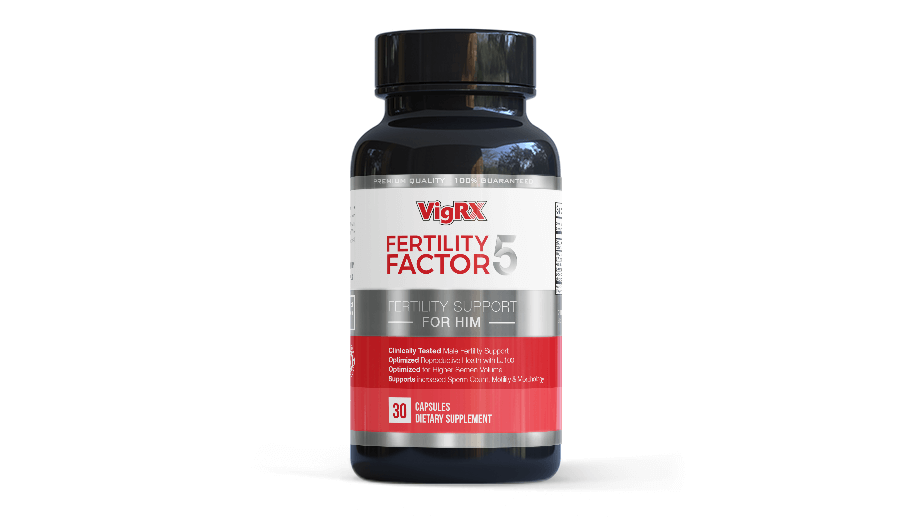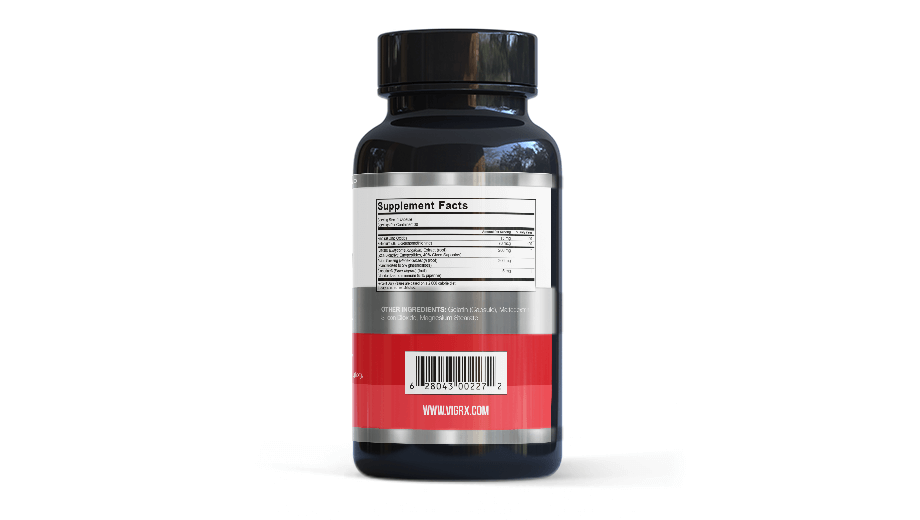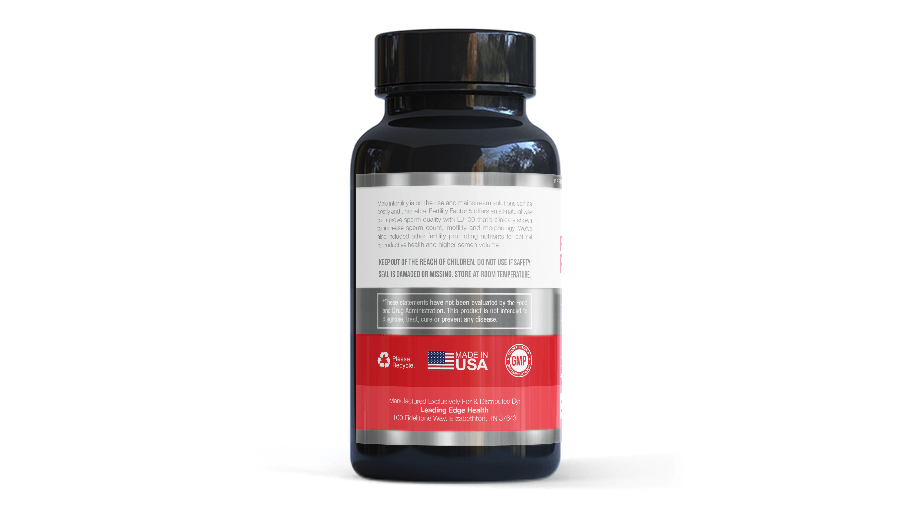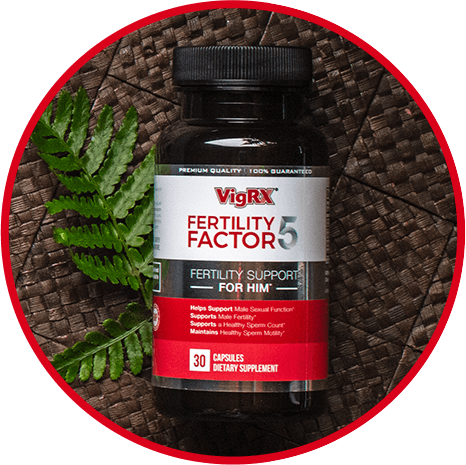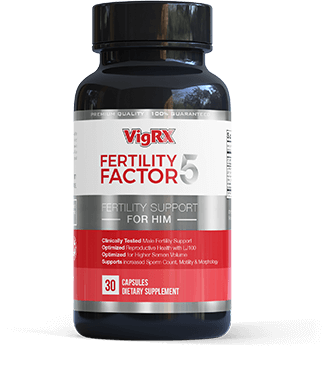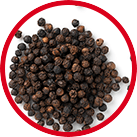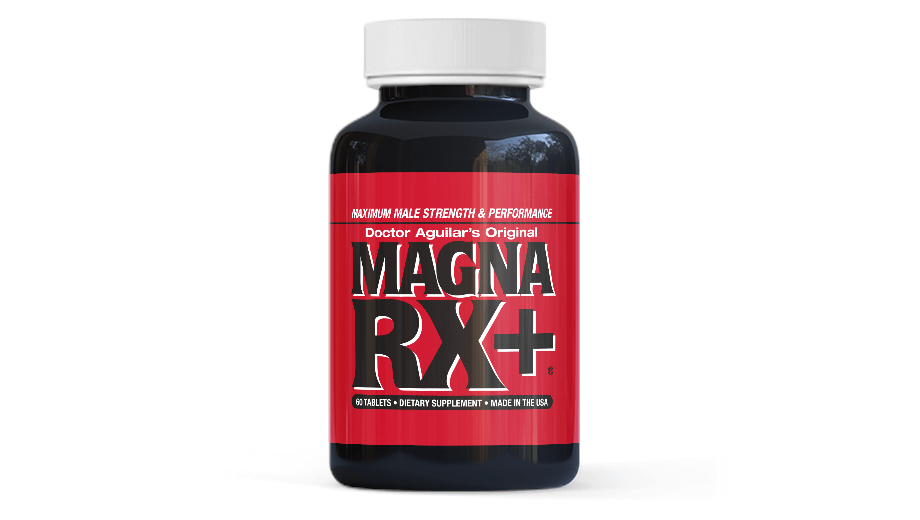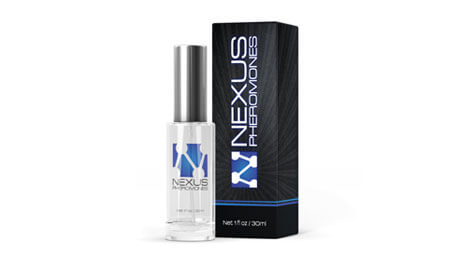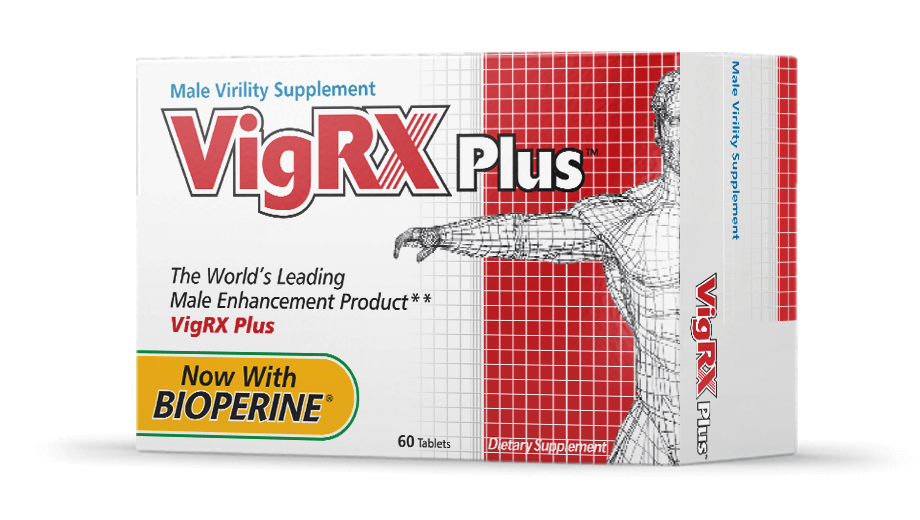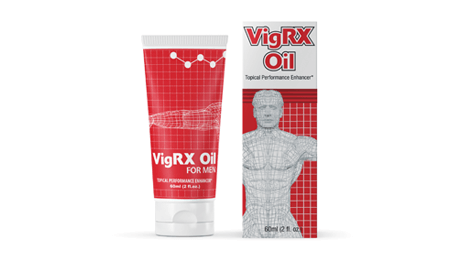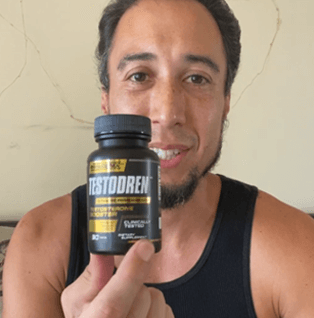Clinical Studies
When we formulated Fertility Factor 5™, we didn’t just choose ingredients that are rumored to help with male fertility. We scoured the scholarly publications and chose only ingredients that are clinically proven to improve male fertility. These ingredients have been clinically studied and proven to improve:
But we didn’t just settle for one or two clinical studies for each ingredient. To qualify for inclusion in Fertility Factor 5, each ingredient had to be clinically proven repeatedly in order to make the cut.
Let’s take a look at some of these studies.
Tongkat Ali LJ100 Clinical Study
In a clinical study published in the Asian Journal of Andrology, 75 men were chosen to participate who were suffering from:
- Low Sperm Count
- Poor Sperm Movement
- Poor Sperm Shape
- Low Semen Volume
Each of these men was told by their urologists that natural conception was not possible.
Before the study, each man received a semen analysis. Then each participant was given 200mg of Tongkat Ali LJ100 once daily for nine months, the same daily dosage in Fertility Factor 5. After nine months, here are the results:
- All four semen parameters improved in 100% of participants.
- Sperm concentration rose by 65.5%.
- Normal sperm morphology increased by 95%.
- 60% of the participants qualified for intrauterine conception.
- 25% of the participants qualified for in-vitro-fertilization.
Best yet, 15% of the participants impregnated their partners during the nine-month study. Some of whom had been trying for over five years without luck.
Panax Ginseng Clinical Study
In 2013, a review of over 80 studies on Panax Ginseng was published by Systems Biology in Reproductive Medicine. This review determined that Panax Ginseng showed promising results in the following areas:
- Improving Sexual Performance
- Producing and Maintaining Erections
- Boosting Libido
- Increasing Sperm Count
- Stimulating Sperm Movement
Panax Ginseng is able to improve reproductive health, as well as overall sexual health.
Zinc Clinical Study
In 2018, Diana Chu, a male fertility expert at San Francisco State University, published an article in the Journal of Biology. While researching this article, she studied numerous clinical studies on the effect of zinc supplementation on improving male fertility.
Her research showed that zinc is vital for fertility in men, as well as for sperm motility, which is the ability to move independently. Specifically, zinc signals the sperm to become motile so that it can reach and fertilize a woman’s eggs.
Selenium Clinical Study
In 2018, a study was published in the peer-reviewed journal, Experimental Techniques in Urology & Nephrology. The focus of the study was to determine if selenium supplementation could improve semen parameters men with fertility issues in men.
They chose 12 men with fertility complaints, giving each a complete sperm analysis before beginning the study. Each man was then given 50mcg of selenium daily for the next three months. This amount of selenium is 20mcg less than the daily value in Fertility Factor 5.
After three months, they conducted another sperm analysis, and the results were quite impressive. They found that selenium was able to increase:
- Sperm Count
- Sperm Motility
- Sperm Viability
- Sperm Morphology
- Semen Volume
It is important to note that these results were after only three months. Improved results are possible with continued supplementation.
BioPerine Clinical Study
While BioPerine doesn’t directly improve male fertility, it plays an important role in the Fertility Factor 5 formulation. Clinical studies have shown that BioPerine increases the bioavailability of selenium.
In one double-blind study, one group was given selenium and BioPerine together. The control group was only given selenium. After two weeks, researchers found that the group that was given both selenium and BioPerine showed 30% higher levels of selenium in the body, as opposed to the control group.


